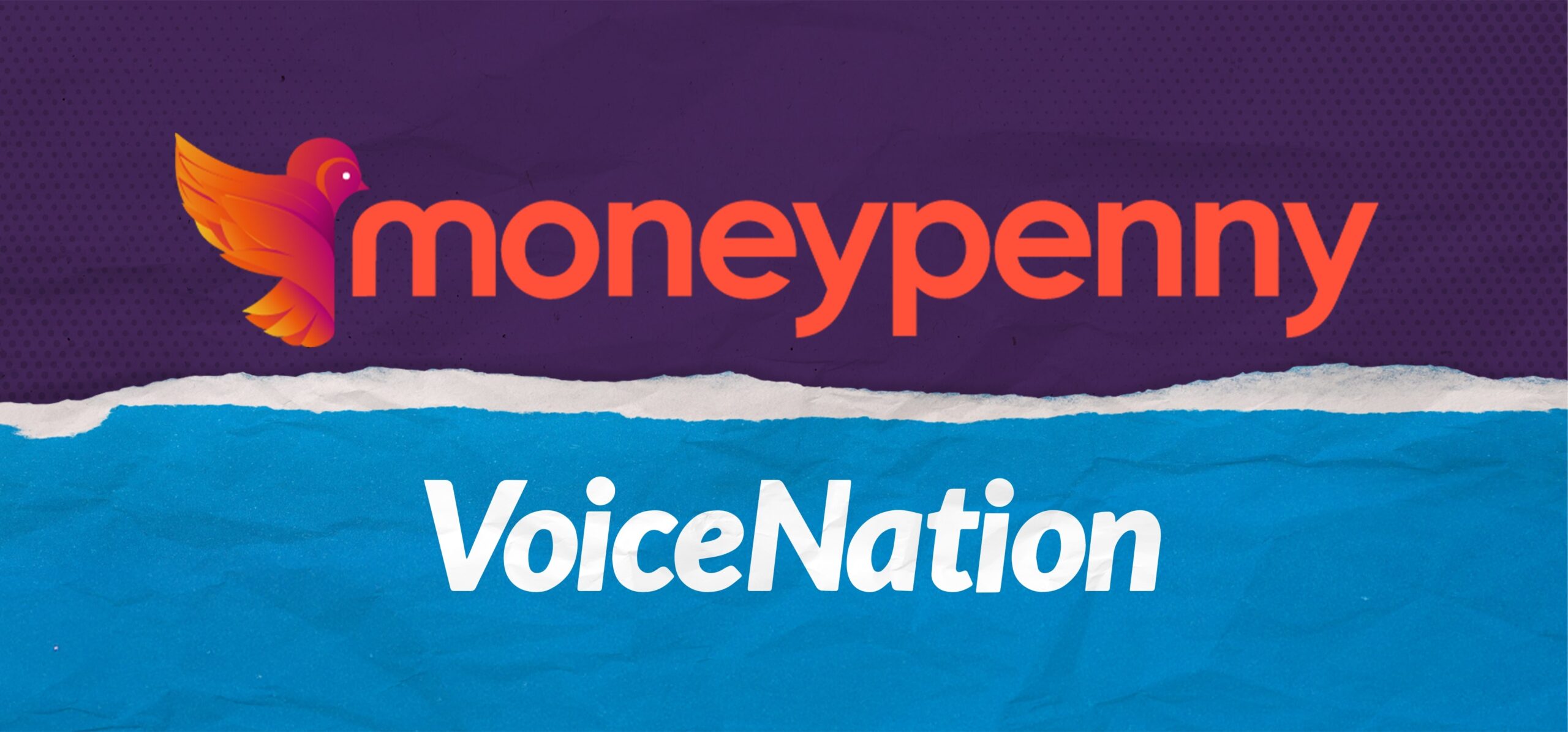Are we headed into a recession? Or have we already entered into one?
Regardless of where the economy is currently at, it’s a challenging and difficult time to be a business owner, not to mention a property manager or landlord. We went from the hottest real estate market we’ve seen in years, with homeowners buying and selling daily, to a highly competitive rental market that leaves people and property managers scrambling to find the right housing and tenants combined. With the uncertain economic outlook, it’s important to ensure your investment is set up for success and set apart from the competitors.
Let’s dig into if we’re headed into a recession, what the impacts are to property managers, and how you can prepare for the worst if the worst is to come.
Common signs of a recession
First of all, what exactly is a recession? And how can we start to define one?
The term recession is thrown around quite regularly and has been since the COVID-19 pandemic came upon us. The prediction of a recession was even something that economists had been trying to predict since before the pandemic, as we have been fortunate in the United States not to have experienced one in over a decade.
Investopedia defines a recession as a significant, widespread, and prolonged downturn in economic activity. They go on to describe how a recession is ‘officially’ measured by two consecutive quarters of negative gross domestic product, GDP. Which, technically, we have seen this negative downturn. Yet, economists haven’t called it yet – there are many other signs that also pertain to the state of the economy and if they contribute to what could make a recession.
Here are some of the most commonly accepted signs of an impending recession and if we’re starting to see those now:
- Slowing economic growth: As mentioned above, typically the GDP is how the recession is determined. Since 2022, a decline has been detected.
- Erratic or falling stock prices: Stock prices could be considered an indicator of the state and health of the economic flow. If the stock market experiences a significant decline, it may be a sign of a coming recession. While there hasn’t been a mass drop, we have seen the stock market act more than erratic, especially with the recent bank crises.
- A decline in business revenue: Inflation is high, and it’s creating more guarded consumers, and thus businesses could see an impact. Looking at your books, you may not see the profits you originally planned for.
- Rising unemployment: Typically, a recession is associated with a rise in layoffs matched with a lack of jobs to match. While the tech scene has seen a wave of layoffs, many other industries continue to grow and add more jobs.
- Reduction in customer spending: Though jobs may be growing, they are dicey for some – and inflation is real. With this combination of factors, seeing a reduction in consumer spending is not uncommon and can also have quite a ripple effect.
Long story short, the economists need a lot of reasons to officially declare a recession – and even then, the decision is going to be fervently debated across the board. Despite this debate, it’s still important to be prepared, and understand how a possible recession could impact you as a business owner.
How a recession impacts property management companies
Challenging would be an understatement when it comes to making a call on if we’re entering into a recession or not – but, we can all agree the economy isn’t in the best place and would not be called strong or stable.
So, how can a recession impact a property management business?
A good way to measure that impact is by taking a look at the common signs of a recession listed above. With a lack of economic growth and rising unemployment, consumers become more guarded about their spending. A reduction in spending can lead to tighter home budgets and a cooling real estate and rental market. The cooler market leads to tenants and landlords with high business expectations, and tight budgets, yet with all of the same needs from beforehand.
In a recession, the snowball plows forward, creating a chain reaction of events. Your business is challenged with high customer service demands from both landlords and tenants, a lack of employees, rising recruitment costs, more expensive maintenance labor, and tighter budgets on your end as well. Plus, you still have your competitors.
But, you can counteract these challenges.
Ways to recession proof as a property manager
With all of those potential impacts in mind, it’s critical to prepare your business for all of the challenges that could come ahead. Luckily, housing is a necessity, an essential. Your business is positioned to stay afloat better than others – especially with the right recession-proofing in place.
Here are some of the key ways to secure your property management business:
- Provide quality customer service: With the competitive rental market, your tenants need a reliable way to get in touch with the property managers when they need them. Plus, to landlords, the property managers who are able to answer the phones first could be the deciding difference between working with you or another company.
- Prepare financially: Ensure your business has the cash reserves you need when you need them. Problems arise at the drop of a hat, and inflation hasn’t been kind to pricing. By preparing your finances, you’ll be better able to weather changes that come your way.
- Stay within the budget: As the rental market continues to grow more and more competitive, you may be tempted to hire more customer service representatives, and maintenance technicians, and find more value adds. Despite the drive to set yourself apart, it’s also important to stay on budget.
- Improve operating processes: Find ways to improve and streamline how your business operates to help your company run more efficiently – further improving the above strategies.
An easy way to accomplish many of these recession-proofing measures is to hire reliable residential property management answering services. This type of service allows you to stay within budget by not hiring pricey after-hours employees, keeps your cash reserves safe, and streamlines your day-to-day operations, all while keeping your phones answered – making you more competitive by providing the quality customer service that your tenants expect.
How to set up property management answering services
Unfortunately, recessions don’t come with a perfectly penciled-in start and end date. The economic downturn could last for a few months, or years – then, take years to recover from. It’s imperative to set your property management company up for success to set yourself apart financially and in the market.
At Moneypenny, we provide reliable property management answering services that you can depend on no matter the state of the economy. Acting as your business’s second home, we answer your phones as you.
Here are a few examples of what our property management answering services can provide directly during or in prep for a recession to keep your business competitive:
- When your tenants call in with maintenance requests, we can dispatch maintenance, even after hours and for emergencies.
- Landlord’s calls never go answered, keeping those who pay the bills content and happy.
- Dealing with high recruitment and training costs? A Moneypenny agent reliably answers your phones with the industry knowledge and capabilities you require at a fraction of the cost. Plus, no scripting is required!
- Thanks to our integrations, we can schedule viewings for potential tenants with software that your company already uses.
And much, much more.
Adding property management answering services is the right choice to set your company apart and start the recession proof process. Our 100% US-based agents answer confidently as your business and can start right away. We’re here, and ready to help.
Start recession-proofing your property management company today.



















